It began like a dream many Kenyans have quietly entertained — walking into the gates of State House, shaking hands with leaders, and leaving with a life-changing prize. For one Nairobi man, this dream seemed to be materialising in front of cameras, with a brand-new motorcycle gleaming under the sun. But by the end of the day, his hands were empty, and all he had was a photo.
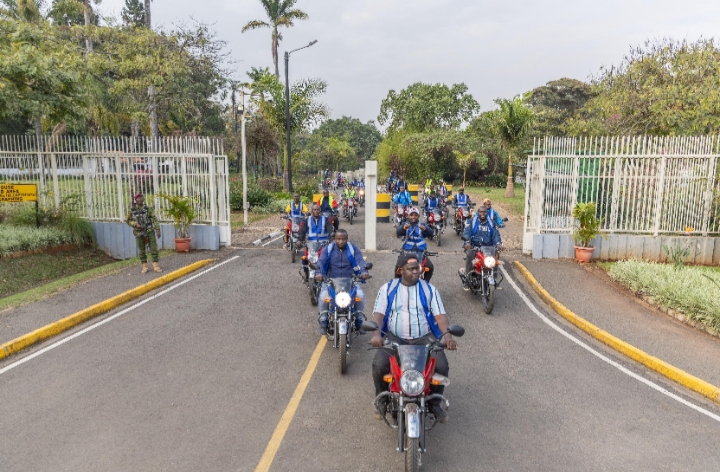
The build-up to the moment was full of energy. The State House event was meant to celebrate and empower ordinary citizens who were working hard in their communities. People were hopeful, some expecting financial aid, others tangible tools to help their businesses. In the middle of this excitement, our man was called forward, posed beside a brand-new motorcycle, keys in hand. Cameras clicked, people clapped, and for a brief moment, it looked like his life was about to take a turn for the better.
What Happened After the Cameras Stopped
The celebration didn’t last. According to his account, once the official photos were taken, the motorcycle was wheeled away, and he was ushered out of the venue without further explanation. The shock was as sharp as the Nairobi midday sun. What was meant to be a gift became an image — an image that would go viral.
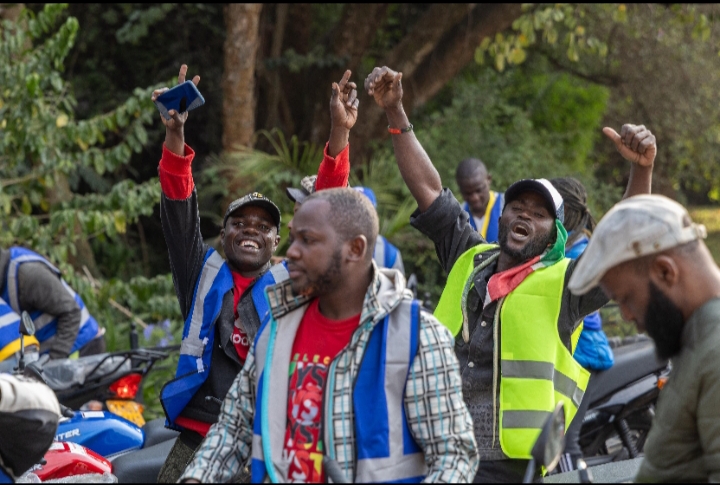
In Kenyan rural and urban culture, a motorcycle is not just a luxury. It’s a livelihood. It can be used for boda boda services, deliveries, and small-scale transport businesses. To be seen receiving one, especially in the country’s most powerful residence, creates an expectation not only for the recipient but for the entire community watching.
Social Media Reactions Go Wild
Within hours, the story was all over Facebook, Twitter, and WhatsApp groups. Memes appeared, comparing his situation to someone “receiving sufurias” without food to cook. Hashtags like #StateHousePhotoFail and #PichaNaBaiskeli trended locally. Some netizens expressed sympathy, calling the act unfair and humiliating. Others joked that at least he got a high-quality profile picture.
In the digital age, appearances can quickly overshadow reality. For those who saw the picture without context, the man was now “the one who got a bike from State House.” For those who read the details, it was a cautionary tale.
Why Did This Happen?
Accounts vary. Some sources suggest the motorcycle was a prop for ceremonial purposes, intended for a different recipient. Others say it was a miscommunication between event organisers and protocol officers. Whatever the reason, the incident raises questions about transparency in public events. If you bring citizens into the national spotlight, shouldn’t the outcomes match the optics?
This disconnect between presentation and reality is not new. Around the world, ribbon-cutting ceremonies, charity handovers, and donation drives often produce powerful images but leave little lasting impact. In Kenya, where unemployment and financial hardship weigh heavily, such incidents feel particularly bitter.
A Lesson in Expectations Versus Reality
The story isn’t just about one man and one motorcycle. It’s about how easily hope can be built — and dashed — in a single afternoon. It’s about the weight of public perception in a country where social status can shift overnight based on a photograph. And it’s about how we must approach every viral story with caution, remembering that behind every image, there is a fuller, often more complicated truth.
From a cultural standpoint, the event mirrors many African proverbs about patience and reality. One that comes to mind: “Not all that glitters is gold.” Or in Nairobi street slang: “Picha sio mali” — a photo is not property.
The Man Speaks
In a later interview, the man described feeling humiliated. “People back home thought I was now a businessman. They were congratulating me, asking when I would start boda boda services. I had to explain over and over that I never got the bike.” His disappointment was clear, but so was his determination. He vowed to work harder, not relying on promises or public displays, but on his own grit.
Broader Insight
For readers, the incident offers a reminder to separate online appearances from reality. Social media encourages us to share only our best, most successful moments. But these moments can be misleading — both for those who view them and for those who live them. The State House motorcycle episode is a real-life example of how public images can misrepresent the truth.
It also opens a conversation about how public institutions handle recognition. Is a staged photo enough? Or should recognition always come with tangible, lasting support? For many Kenyans struggling to make ends meet, these are not rhetorical questions — they are matters of dignity and fairness.
Closing Reflection
In the end, the Nairobi man’s story is one of dashed expectations but also of resilience. He may not have left State House with a motorcycle, but he left with a lesson — one that the rest of us can learn from too. Be cautious with your hopes, realistic about what you are promised, and ready to laugh when life throws you a plot twist. Because sometimes, all you get is the picture.
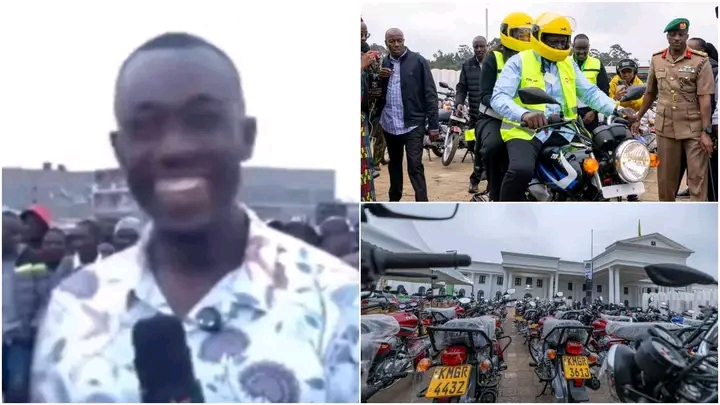

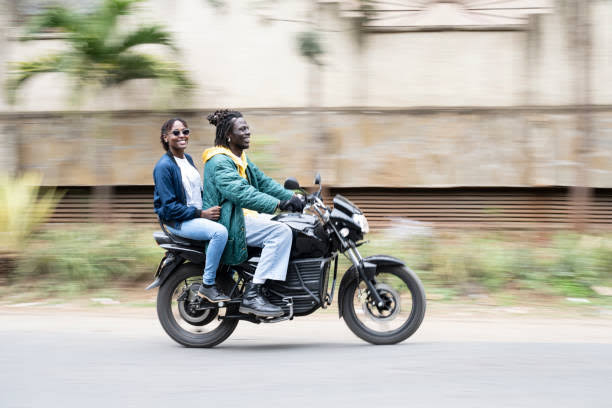

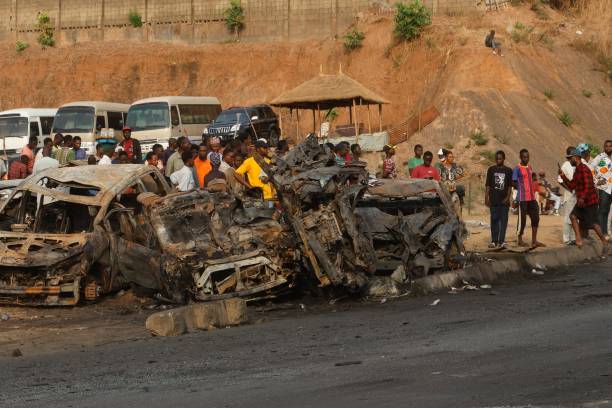





Reader Responses (0)